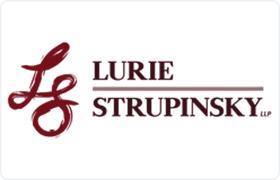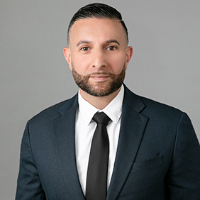Bronx Estate Planning Lawyer, New York
Sponsored Law Firm
-
 x
x

Click For More Info:
-
Lurie Strupinsky, LLP
8324 4th Ave Brooklyn, NY 11209» view mapEstate Law Problem-Solving Starts Here
Allow our team at Lurie|Strupinsky, LLP to take charge of your legal concerns, lessen your stress, and leave you to focus on what matters most to you.
800-910-4541
Includes: Gift Taxation
Robert A. Klipstein
✓ VERIFIEDMr. Klipstein concentrates in two areas of the law: 1. Trusts and Estates, Estate Planning, Wills, Estate Administration, and Estate, Gift and Inco... (more)
Christopher Pierre Anderson
✓ VERIFIEDChristopher Anderson is a practicing lawyer in the state of New York handling a variety of legal matters.
Russel Morgan
✓ VERIFIEDRussel Morgan is a practicing lawyer in the state of New York.
A. Mitchell Greene
FREE CONSULTATION
CONTACTJacob M. Dyckman
FREE CONSULTATION
CONTACTFREE CONSULTATION
CONTACTRussell W Rosen
FREE CONSULTATION
CONTACT Nick Khalifeh Brooklyn, NY
Nick Khalifeh Brooklyn, NY Practice AreasExpertise
Practice AreasExpertise




